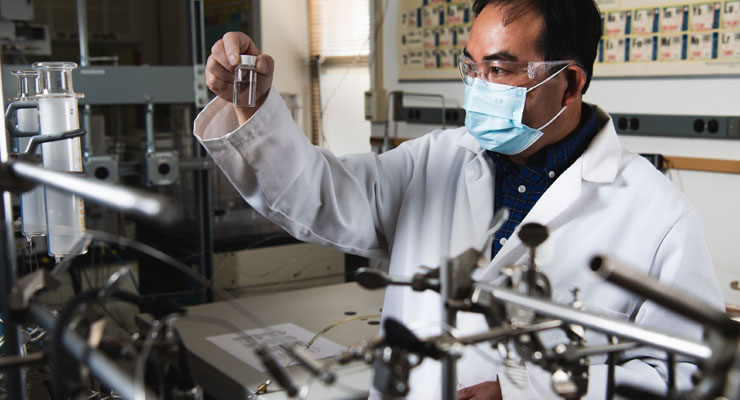
Fostering Global Synergy: The Role of International Collaboration in Advancing Biofuel Research
In an era marked by the urgency to combat climate change and reduce dependence on traditional fossil fuels, the global community has embraced the significance of biofuels as a sustainable energy alternative. Recognizing the imperative of collective action, countries worldwide have initiated robust collaborations and forged international agreements to propel biofuel research and development on a global scale. This article delves into the multifaceted dimensions of international cooperation in the biofuel sector, highlighting the significance of collaborative initiatives in driving innovation, mitigating carbon emissions, and fostering a greener energy landscape.
Collaborative Efforts for Biofuel Research and Development:
The pursuit of biofuel innovation transcends geographical boundaries, prompting countries to engage in extensive collaborative endeavors to accelerate research and development. International partnerships often entail knowledge-sharing platforms, joint research projects, and the exchange of best practices to optimize biofuel production processes. Research institutions, universities, and private enterprises collaborate across borders, pooling resources and expertise to enhance the efficiency and sustainability of biofuel technologies.
Moreover, international consortia facilitate the dissemination of cutting-edge scientific insights and technological breakthroughs, fostering a dynamic ecosystem of innovation that transcends national limitations. Collaborative networks such as the International Energy Agency (IEA) Bioenergy Task 39 and the Global Bioenergy Partnership (GBEP) serve as conduits for promoting cross-border cooperation, propelling the advancement of biofuel research, and fostering a culture of shared knowledge and expertise.
International Agreements and Initiatives for Biofuel Adoption and Emission Reduction:
The global momentum towards sustainable energy transformation has culminated in the establishment of several pivotal international agreements and initiatives aimed at promoting the widespread adoption of biofuels and curbing carbon emissions. The Paris Agreement, a milestone accord under the United Nations Framework Convention on Climate Change (UNFCCC), has emerged as a seminal catalyst for steering nations towards renewable energy integration and reducing greenhouse gas emissions. The agreement underscores the critical role of biofuels in mitigating carbon footprints and fostering sustainable development trajectories.
Additionally, initiatives such as the Sustainable Development Goals (SDGs) and the United Nations Sustainable Energy for All (SE4ALL) campaign have engendered a global commitment to augmenting the share of renewable energy sources, including biofuels, in the overall energy mix. Through targeted policy frameworks and regulatory mechanisms, these international initiatives incentivize the adoption of biofuel technologies, emphasizing the imperative of a low-carbon future and sustainable energy access for all.
Harnessing International Cooperation to Address Challenges and Opportunities:
The complex landscape of the biofuel industry presents a myriad of challenges and opportunities that transcend national boundaries, necessitating a collaborative approach to leverage collective expertise and resources. International cooperation plays a pivotal role in addressing key challenges such as technological barriers, market volatility, and sustainability concerns associated with biofuel production and utilization.
By fostering collaborative research and knowledge exchange, countries can collectively address technological bottlenecks, enhance process efficiencies, and promote the development of next-generation biofuel technologies. Moreover, international cooperation enables the alignment of regulatory frameworks and policy incentives, fostering a conducive environment for investment and market growth in the biofuel sector.
Furthermore, global collaboration facilitates the dissemination of best practices in sustainable land management, promoting responsible agricultural practices and mitigating the adverse impacts of biofuel crop cultivation on ecosystems. By fostering a shared understanding of sustainability imperatives, countries can proactively address environmental concerns and promote the responsible production of biofuels without compromising food security or biodiversity conservation efforts.
Conclusion:
The imperative for international collaboration in the biofuel sector underscores the interconnected nature of global energy challenges and the necessity of unified efforts to foster sustainable development and combat climate change. Collaborative research, international agreements, and initiatives serve as pillars for promoting the widespread adoption of biofuels and reducing carbon emissions on a global scale. By harnessing the power of collective knowledge, resources, and policy coherence, countries can pave the way for a greener, more sustainable energy landscape, ensuring that biofuels play a transformative role in the global transition to a low-carbon economy.

0 Comments